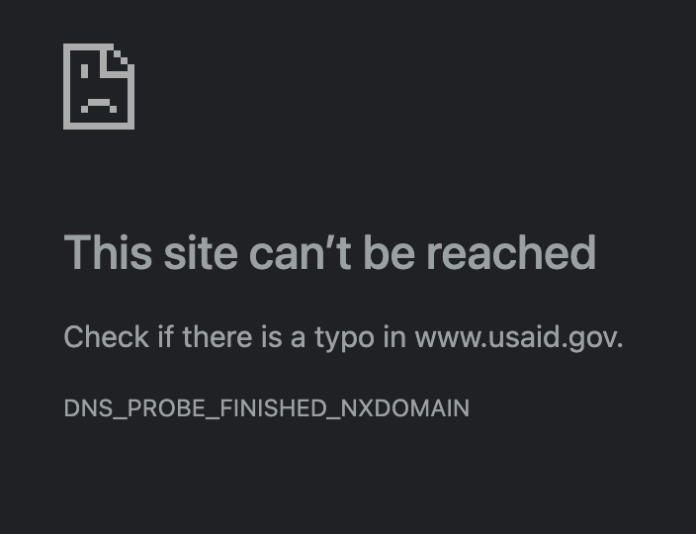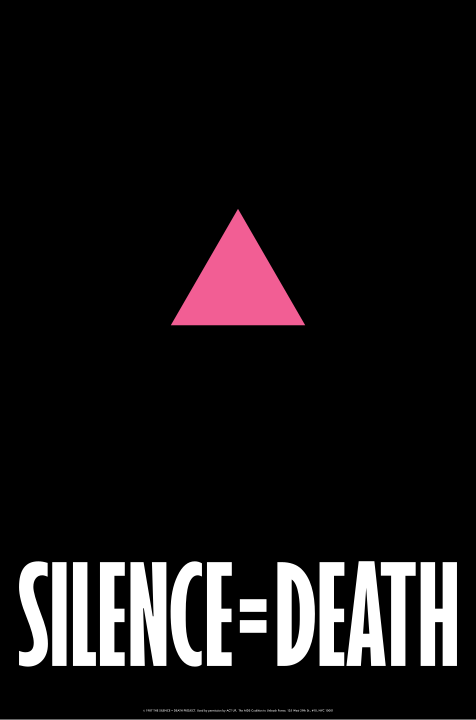On his first day in office, US President Trump issued several executive orders, one of which concerns US foreign aid. This order included a 90-day pause of all development assistance, including of the U.S. President’s Emergency Plan for AIDS Relief (PEPFAR). PEPFAR has not been the only target of the new Administration. USAID, the US’s leading body for development assistance, created in 1961, is being dismantled. USAID profoundly impacts global health, supporting the roll-out of immunisation programmes, coverage for maternal and child health programmes and various other life-saving programmes. As of 4 February, the USAID website is offline, as is neglecteddiseases.gov.
PEPFAR, established in 2003 by President George W. Bush currently provides HIV treatment to over 20 million people, including more than 500.000 children in 55 countries. Over its lifetime, the programme is credited with saving 26 million lives. The programme accounts for over 90% of pre-exposure prophylaxis (PrEP) enrollments – which prevent HIV transmission and are essential to controlling the pandemic – and supports 342,000 health workers directly. UNAIDS estimates show there were 52% fewer new HIV infections in 2023 than in 2010 across PEPFAR-supported countries, compared with a 39% reduction globally. PEPFAR’s annual budget is US$6.5 billion.
The announcement led to immediate confusion and despair among the organisations providing life-saving support to millions of people and relying on PEPFAR support. “I’ve been an infectious disease doctor for 30 years, and I’ve never seen anything that scares me as much as this,” Harvard Medical School physician Dr. Jennifer Furin told ProPublica . The International AIDS Society called the pause senseless decision that “places millions of lives in jeopardy.” And Médecins Sans Frontièrs warned that the freezing of US foreign aid would result in “an unmitigated humanitarian disaster affecting millions of the world’s most vulnerable people.”
Following public pressure, on January 28, Secretary of State Marco Rubio issued an emergency humanitarian waiver stating that existing life-saving humanitarian assistance should continue or resume work. This waiver is temporary and no new contracts are entered into. The waiver is limited to “core life-saving medicine, medical services, food, shelter, and subsistence assistance, as well as supplies and reasonable administrative costs as necessary to deliver such assistance.” The waiver excludes a number of activities currently supported by PEPFAR and leaves many questions about which care can be provided and for how long. Independent reporting has found in practice that many civil servants and service providers relying on US foreign assistance are struggling to secure a waiver to stop-work orders, in situations where days of delay are counted in lives lost. Here is a good overview of the consequences so far.
These actions by the US Administration have far-reaching consequences for millions of people and potentially also for the continued availability of low-priced medicines. President Bush quoted the prices of generic medicines when announcing PEPFAR in his 2003 State of the Union address. However, in the early days of PEPFAR it did not authorise the procurement of generic medicines. Instead, it spent money on originator products priced at US$ 562 for use in developing countries, while generic medicines were available for US$140. This changed under pressure from treatment activists and once the Administration realised the funding would not stretch very far if it were spent on high-priced products. Further, the US FDA tentative approval program, established in 2004 to support PEPFAR, provided the necessary assurances of the quality of generic fixed-dose combination ARVs. As a result, PEPFAR became instrumental in creating and maintaining a viable generic market for antiretroviral medicines (ARVs) for the treatment of HIV.
Today, the price for the medicines for one year’s treatment for one person with HIV is under US$40. This would not have happened without sustained funding for HIV by PEPFAR, the Global Fund, Unitaid and others. These agencies have created a viable global market for low-priced generic medicines. The prospect of the loss of PEPFAR’s financing for the procurement of such medicines may affect the willingness of generic companies to continue to invest in production and supply of ARVs.
Some of the most significant consequences of the new administration’s crack-down on international health infrastructures and US health institutions are being felt in lost data sharing. Already, US government or government-supported data sources are disappearing from the web, leaving researchers and practitioners scrambling for information. Further, the US Government has announced its departure from the World Health Organization (WHO). The WHO coordinates global surveillance on, for example, influenza (essential for designing annual flu vaccines) and anti-microbial resistant pathogens (an important early warning system); acts as a clearing house for global health data; and provides important guidance on essential medicines and medicines regulation. US agencies such as the Centres for Disease Control both benefit from and contribute to these important global resources, and the Trump administration’s undermining of its own health agencies and attempt to leave the WHO puts US citizens at risk as well as people globally.
It is striking that there is little response from European governments or the European Commission. So far, Europe has followed a ‘silent approach’ of wait and see. History has taught us that saving the lives of people with HIV requires forceful and loud responses. In the words of Act-Up campaigners of the first our “Silence = Death”.

